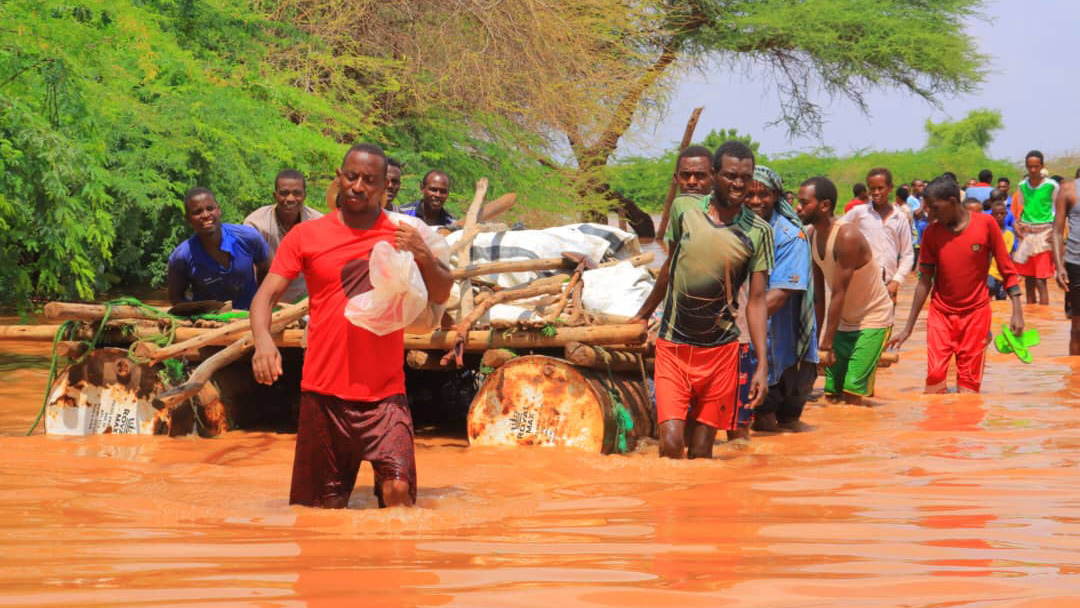
13 October 2025 – Guided by the WHO Regional framework for action on climate change, health and environment 2023–2029, countries across the Eastern Mediterranean Region have been intensifying efforts to protect public health from climate change. Endorsed in October 2023, the framework provides a roadmap for building climate-resilient and environmentally sustainable health systems.
Since its adoption, steady progress has been made. This year, Iraq, Somalia and Yemen appointed climate and health focal points, joining 13 other countries in the Region. Iraq and Somalia also joined the Alliance for Transformative Action on Climate and Health (ATACH), bringing regional membership to 15.
Jordan, Morocco and Tunisia finalized health national adaptation plans, integrating them into their national climate strategies, and the process is underway in Pakistan and the UAE. Only 12 countries, however, have updated their climate-health profiles, and just 3 have implemented climate-resilient measures in health facilities.
WHO has mobilized US $1.8 million to support regional initiatives, including projects with the Wellcome Trust, the UK Foreign Office, International Organization for Migration (IOM) and the UN Office for Disaster Risk Reduction (UNDRR). Efforts focus on building capacity, addressing climate-health-migration intersections and strengthening system resilience.
Capacity-building workshops were held in 10 countries, with technical support provided to Iraq, Jordan and Lebanon. Virtual meetings in Lebanon and Morocco helped identify national research priorities.
WHO continues to advocate for broader participation in ATACH. Qatar is expected to join by the end of 2025, and a regional index is being developed to benchmark climate-resilient health care facilities.
The Region’s voice is gaining global recognition. Countries from the Region actively participated in COP28 and COP29, with Tunisia leading negotiations at COP29, a regional first. As the world prepares for COP30 in Brazil, WHO is committed to ensuring that health remains at the centre of climate discussions.
To further advance from framework to action, the Seventy-second session of the WHO Regional Committee will discuss the first concrete action plan (2026-2030) to address the health-related impacts of climate change across the Region, with the draft resolution consolidating this shift as one of its primary aims.
The action plan will introduce:
a Regional Health Security Observatory with a climate and environment module, to provide guidance for both national and regional interventions;
a regional implementation support facility to promote sustainable financing, helping countries move beyond short-term donor dependence;
hands on activities that Member States can implement, verified for their positive impact on public health and their contribution to the environment; and
new arrangements for collaboration between regions.
The plan comprises foundation, scale-up and consolidation phases. Implemented by 2030, the combined phases will ensure that climate and health measures are fully integrated within national health systems.
The resolution stakes out the plan endorsed by the Member States as its next option which is a landmark step in terms of tackling all health issues that can originate from climate change and also confirming the Region’s global leadership in climate and health action.








